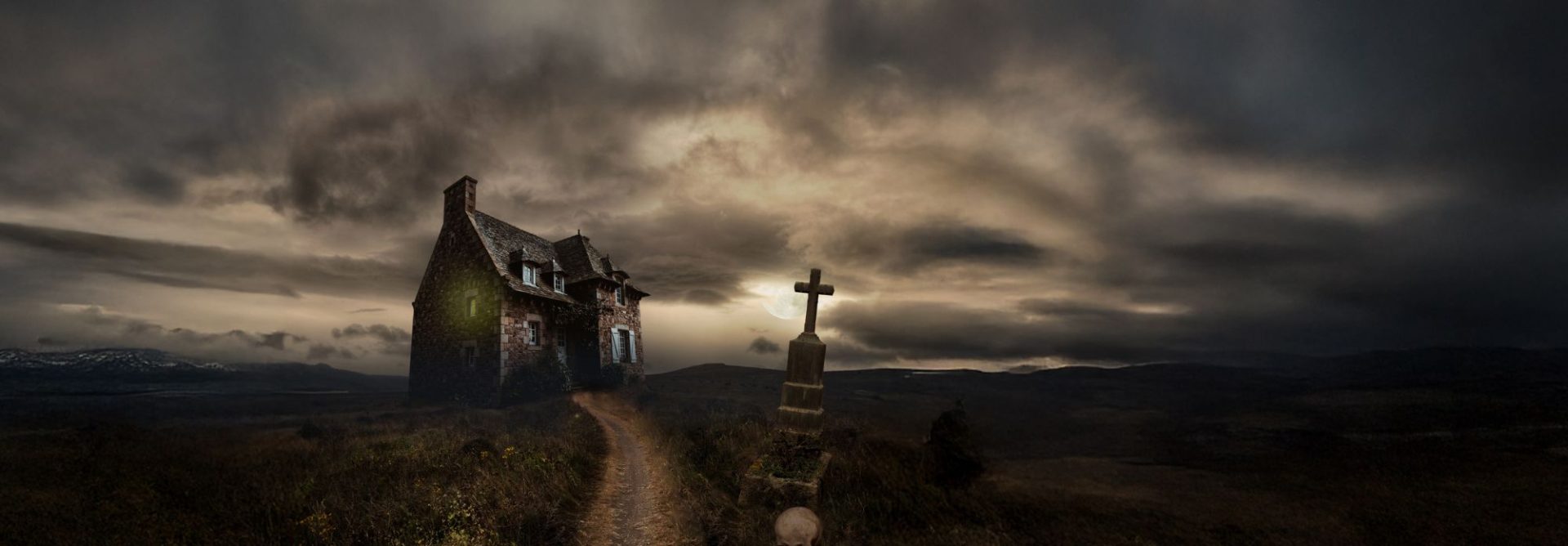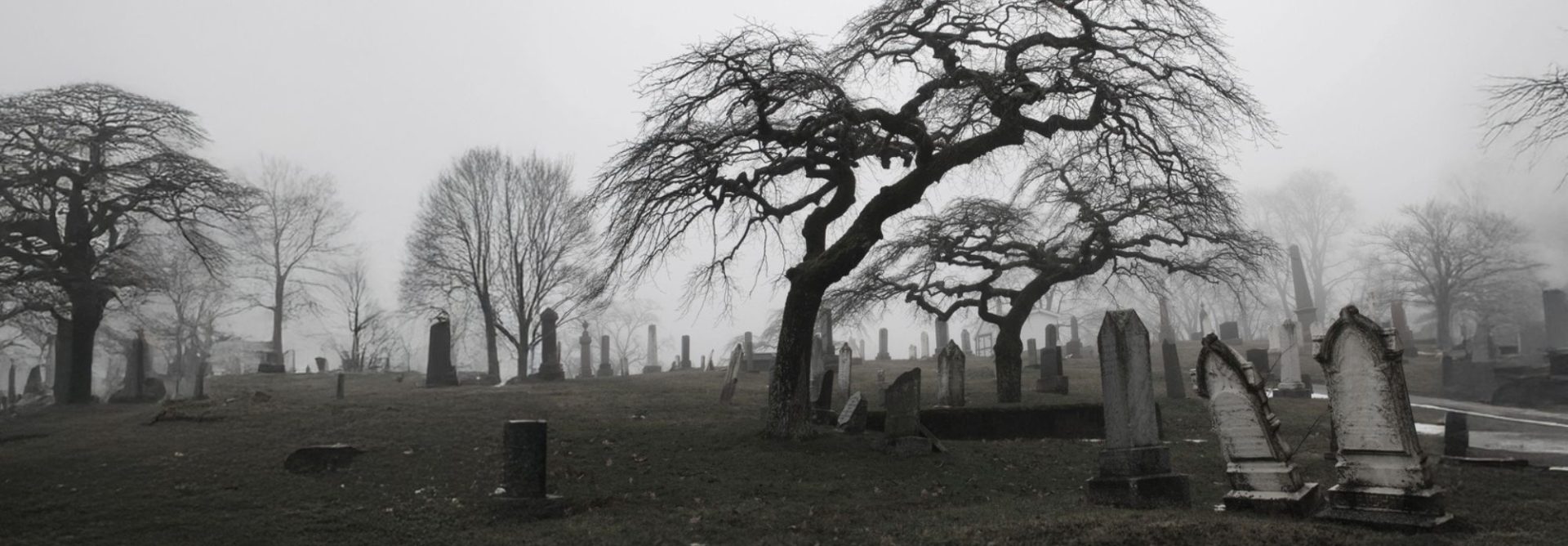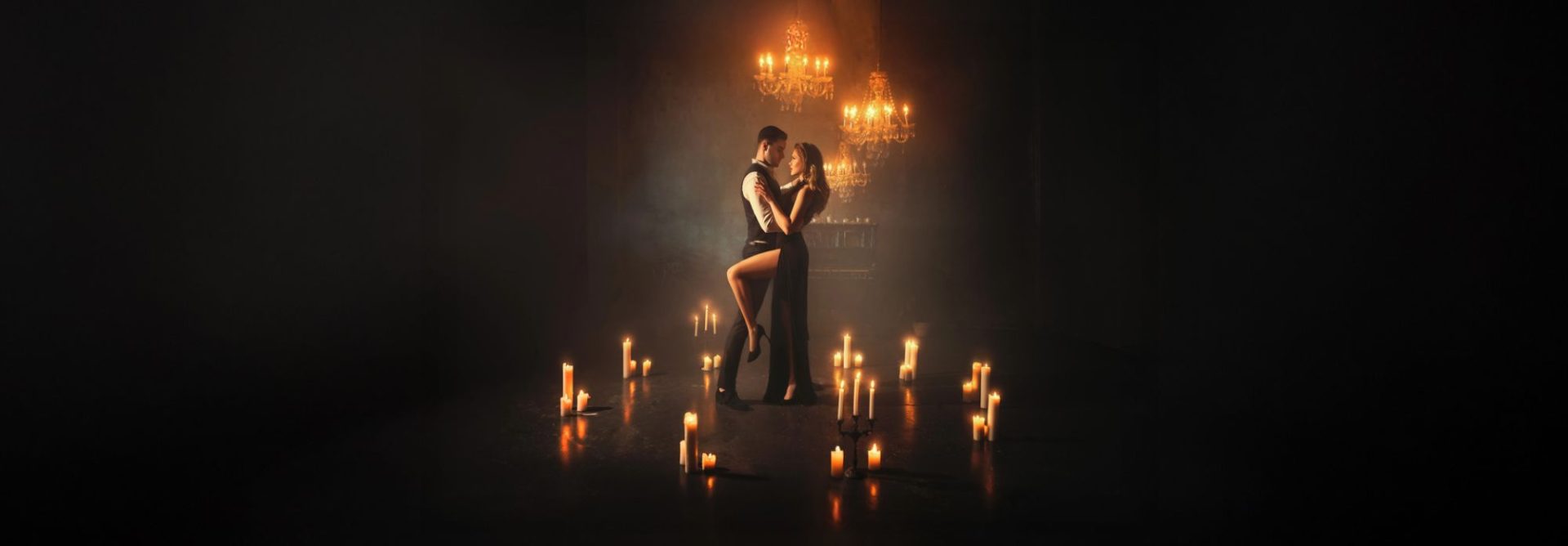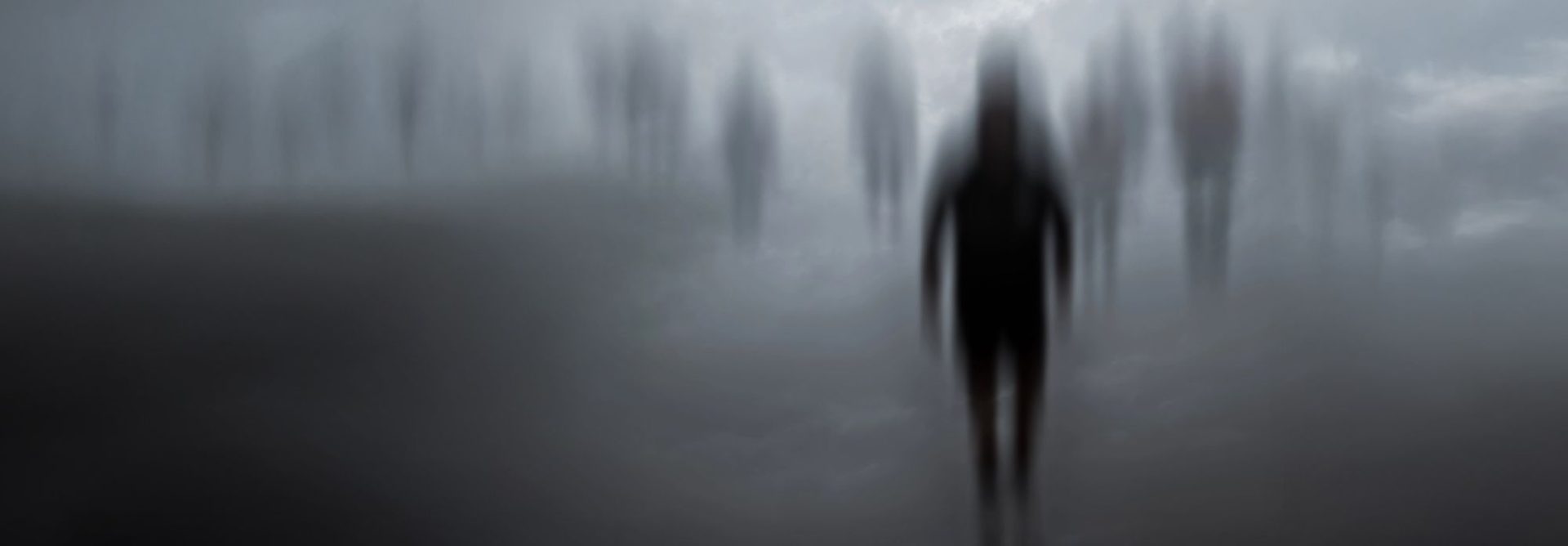The dark stone house on Donevan’s Hill
seemed to swallow up the sunlight.
A foreboding place where the
ancients sacrificed to
evil fallen ones.
A gateway place
where this world,
connects
to
that
filthy
land beyond.
Where demons lurk
and wretched souls scream.
Drawing the worshipers,
of the old gods of the deep.
to sacrifice lives and dead souls
in the shadows on Donevan’s Hill
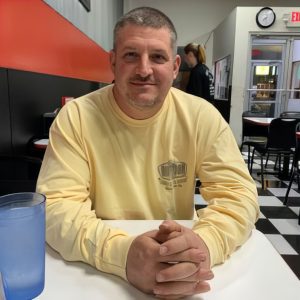
Chris Bunton
Chris Bunton is a writer, poet and blogger from Southern Illinois.

